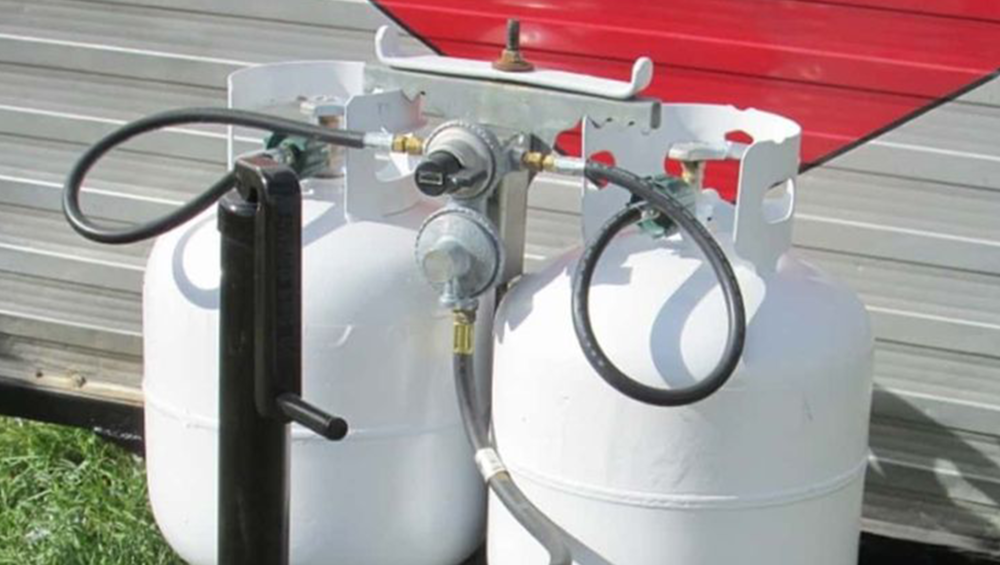When it comes to heating your water, propane water heaters offer a range of advantages that make them a popular choice among homeowners. Whether you’re looking for an upgrade to your current water heating system or exploring options for a new home, propane water heaters provide several benefits worth considering.

Energy Efficiency and Cost Savings
Propane water heaters are known for their efficiency, which helps you save money over time. Compared to electric water heaters, propane heaters are more effective at heating water quickly. This way, you can have hot water when you need it without consuming excessive energy. You would not just save up on your bills, but you would also contribute to a lower environmental impact due to reduced energy use.
Fast Supply of Hot Water
One of the key advantages of propane water heaters is their ability to provide a fast and reliable supply of hot water. Some electric heaters struggle with maintaining a consistent water temperature during peak usage times. On the other hand, propane heaters heat water quickly and can handle higher demands effectively. This is especially beneficial for larger households where hot water usage is frequent and simultaneous.
Versatility in Installation and Use
Propane water heaters are versatile in terms of installation options. They can be installed both indoors and outdoors, depending on your space and preferences. This flexibility allows homeowners to optimize space within their homes. They can also be placed in a more convenient location, such as near a propane tank.
Reliability During Power Breakdowns
Another significant advantage of propane water heaters is their reliability during power outages. Propane heaters operate independently of electricity, so they continue to provide hot water even when the power is down. This can be particularly crucial in areas prone to severe weather or frequent power disruptions. In such areas, you have access to hot water for bathing, cooking, and cleaning all the time.
Durability
With proper maintenance and care, a propane water heater can last for many years. It provides consistent performance and reliability throughout its lifespan. This durability makes propane heaters a cost-effective investment in the long run. They reduce the need for frequent replacements or repairs compared to other water heating options.
Propane Delivery and Refill Options
Maintaining a propane water heater is made easier by the availability of propane delivery and refill services. Many propane suppliers offer convenient options for home propane tank refills and delivery, ensuring you never run out of fuel. Whether you prefer scheduled deliveries or on-demand refills, propane suppliers can accommodate your needs, making it simple to keep your water heater running smoothly.
Environmental Considerations
Propane is a clean-burning fuel that produces lower greenhouse gas emissions compared to many other energy sources. Choosing a propane water heater can contribute to reducing your carbon footprint and supporting environmental sustainability efforts. Additionally, propane is a non-toxic and non-poisonous fuel, making it safer for the environment and your household.
Conclusion
In conclusion, propane water heaters are a preferred choice for many homeowners. Whether you’re interested in upgrading your current system or exploring options for a new home, consider the advantages of propane water heaters and how they can enhance comfort and efficiency in your household.

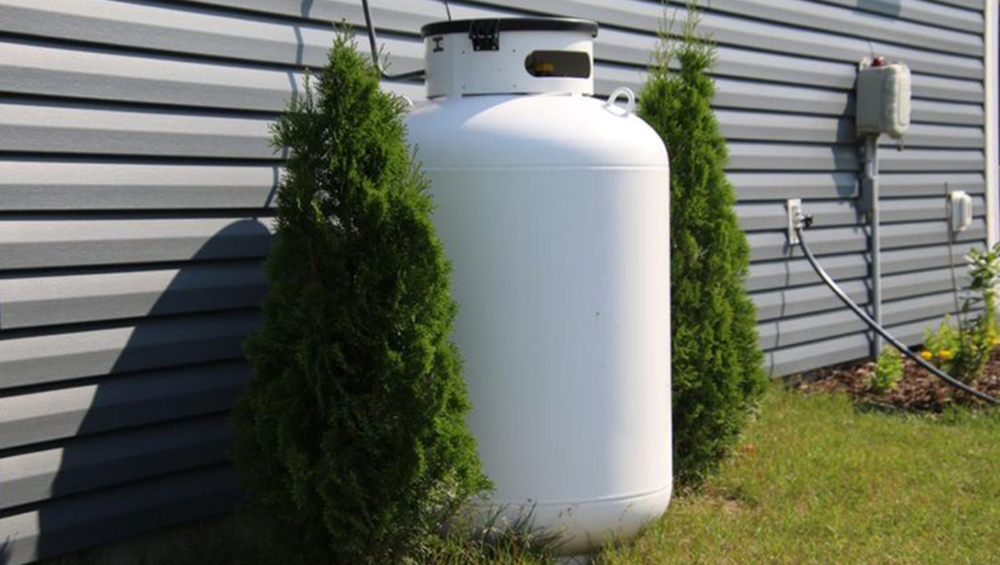
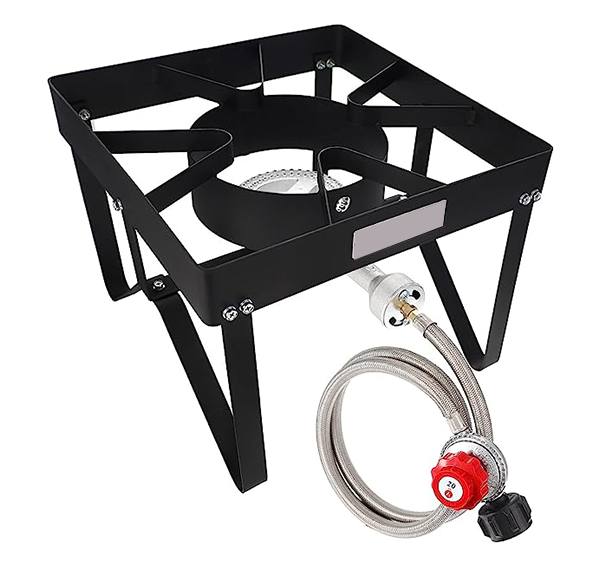
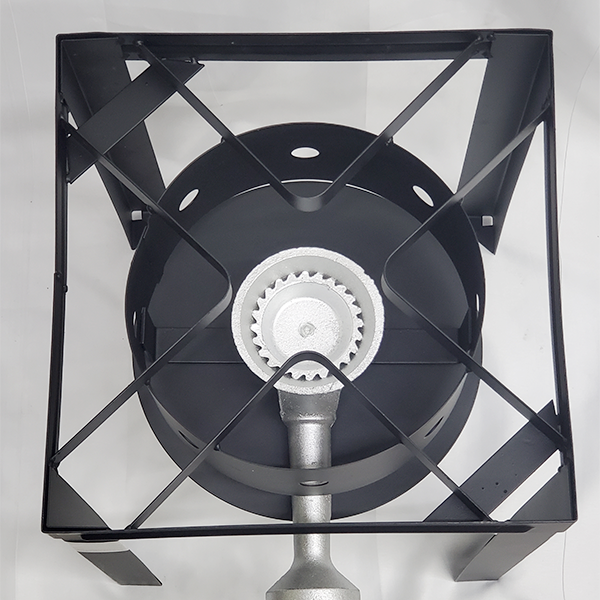

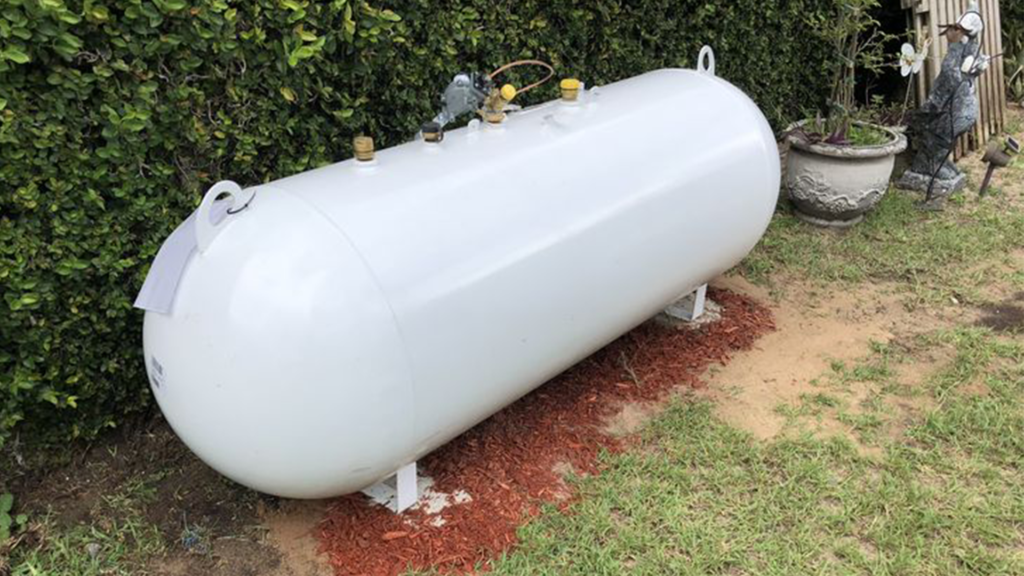
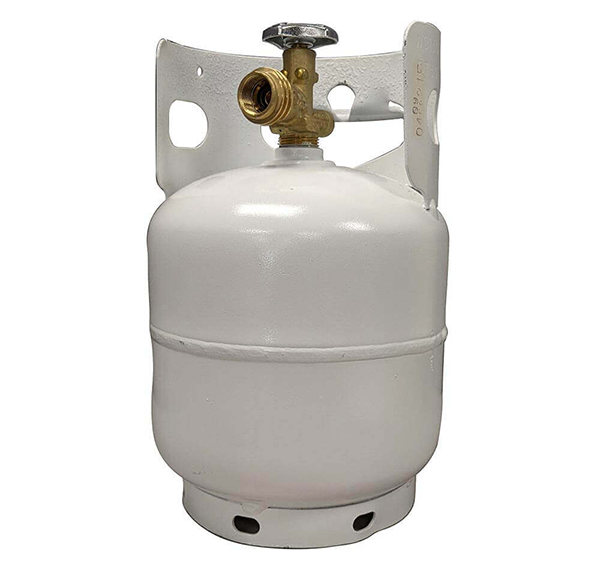
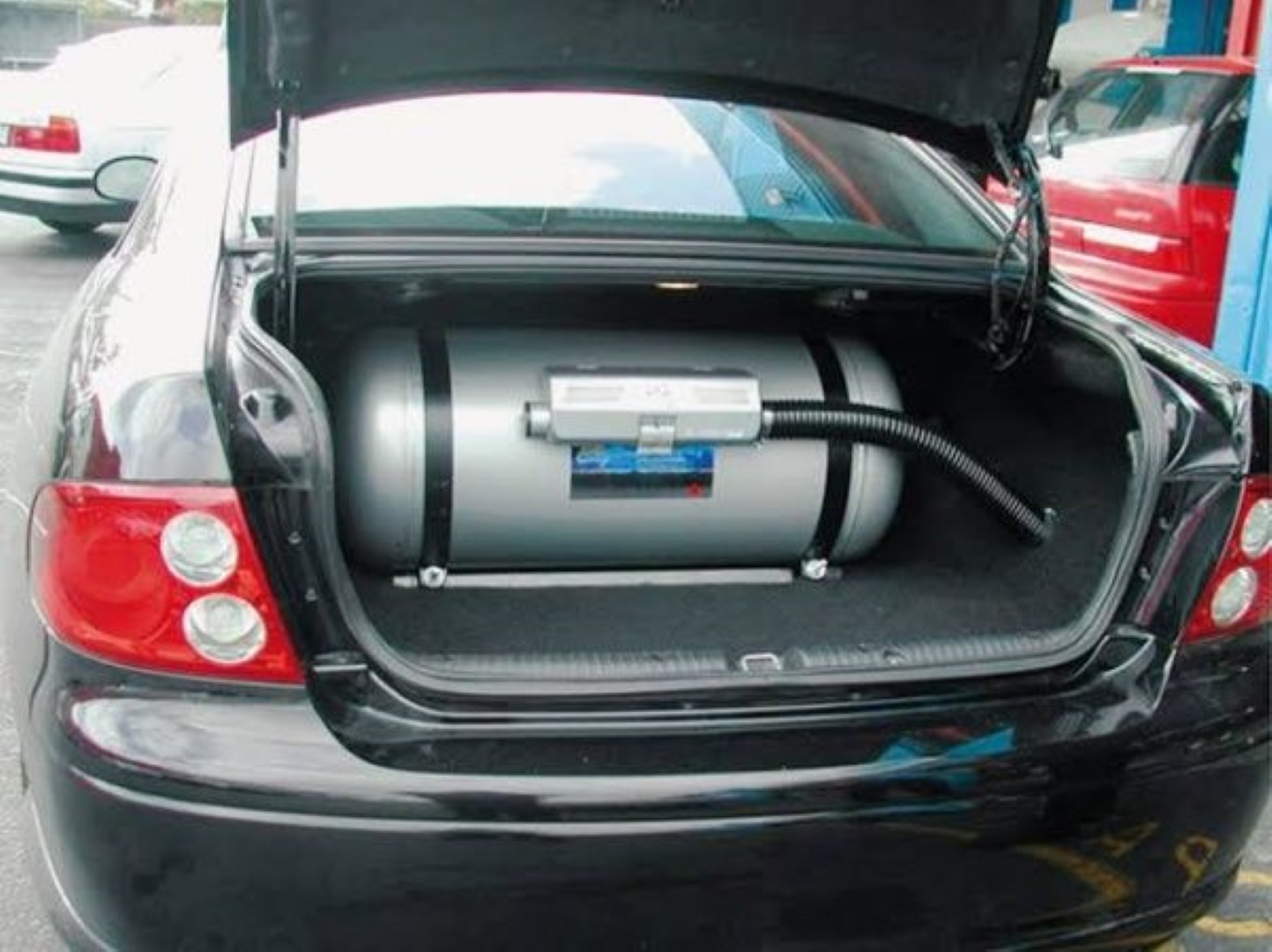 Advantages of Using Propane to Fuel Your Vehicle
Advantages of Using Propane to Fuel Your Vehicle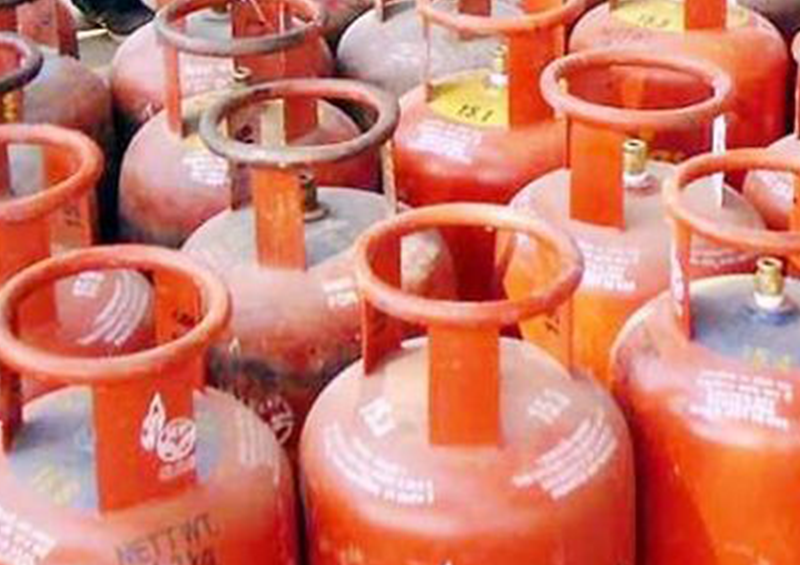

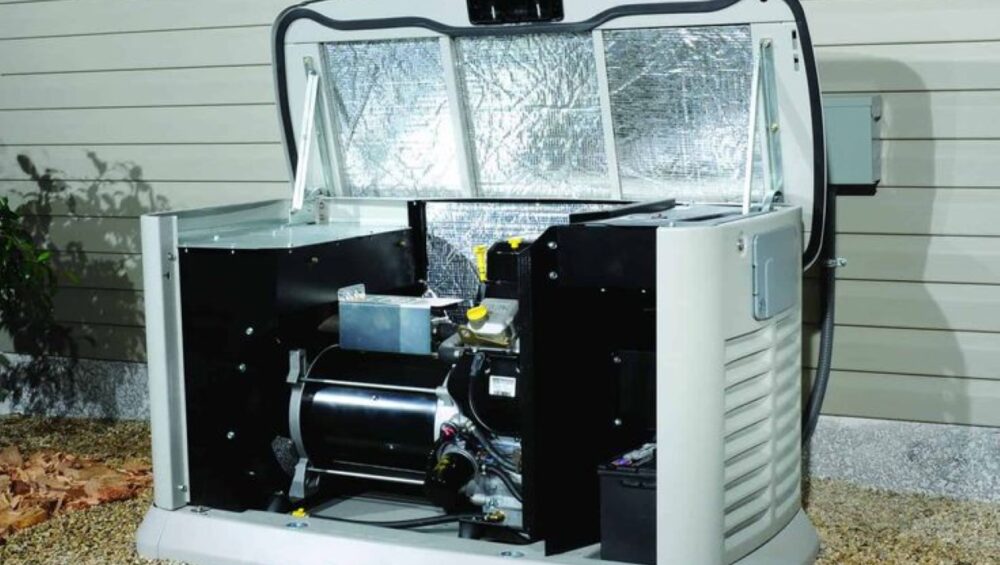
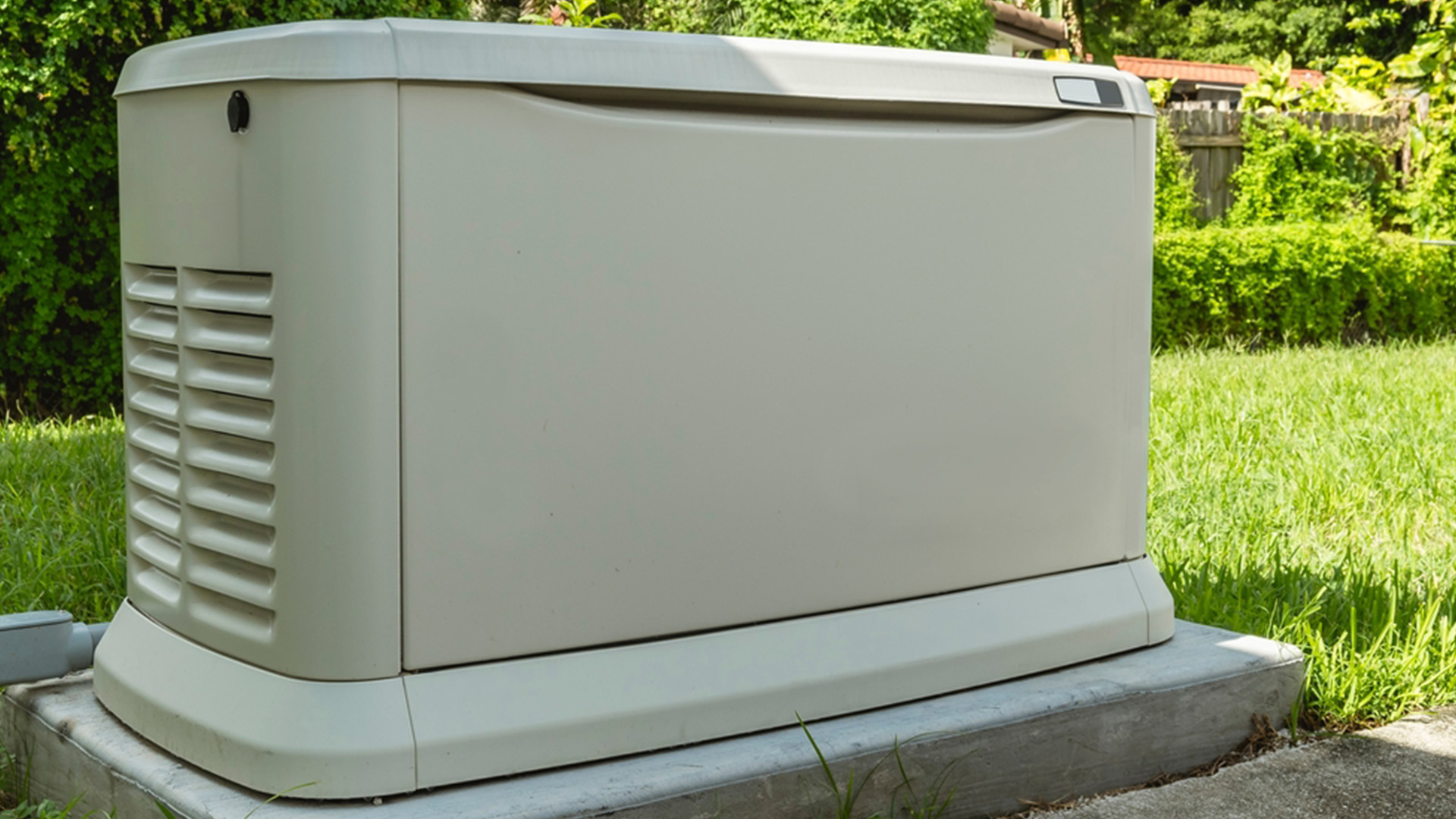
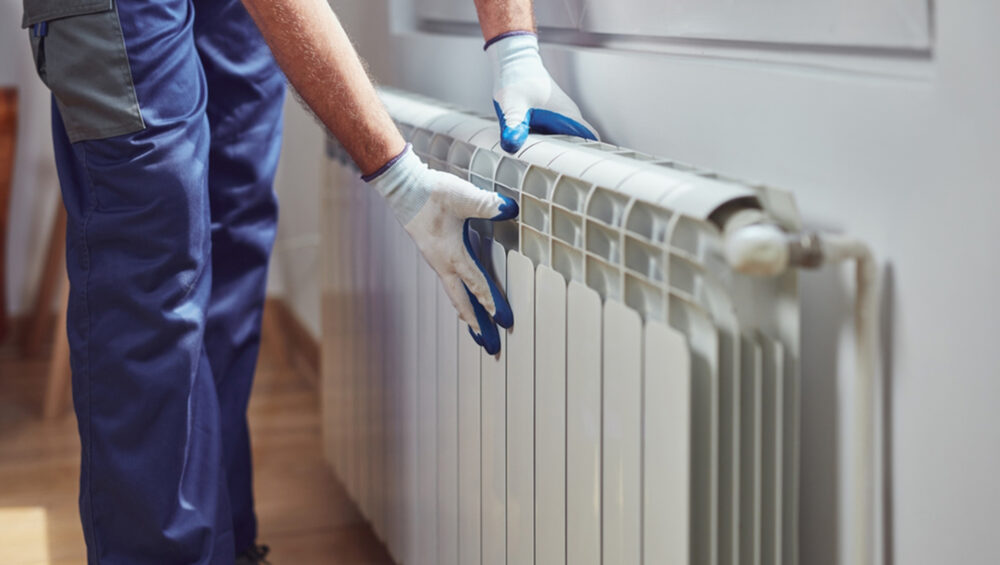

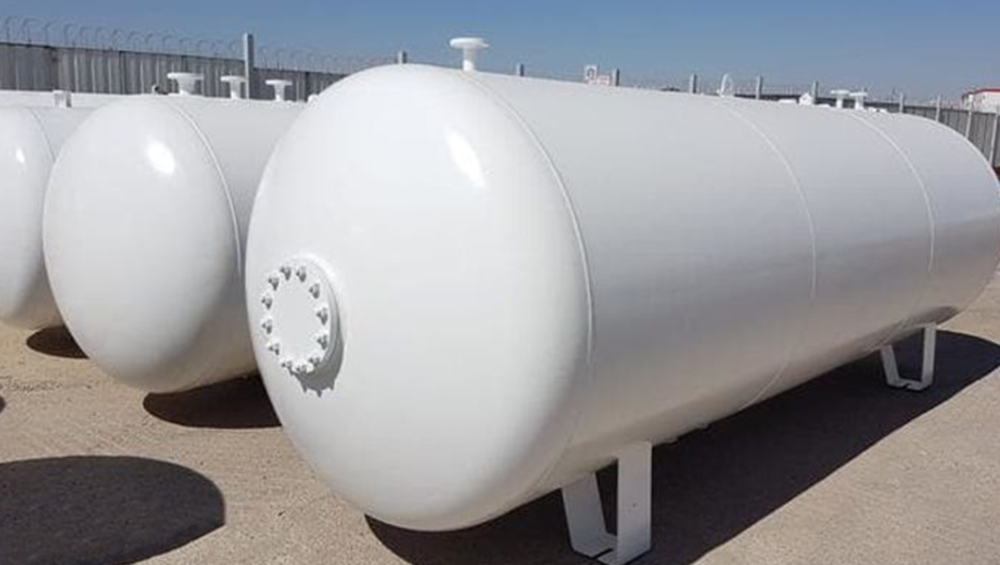
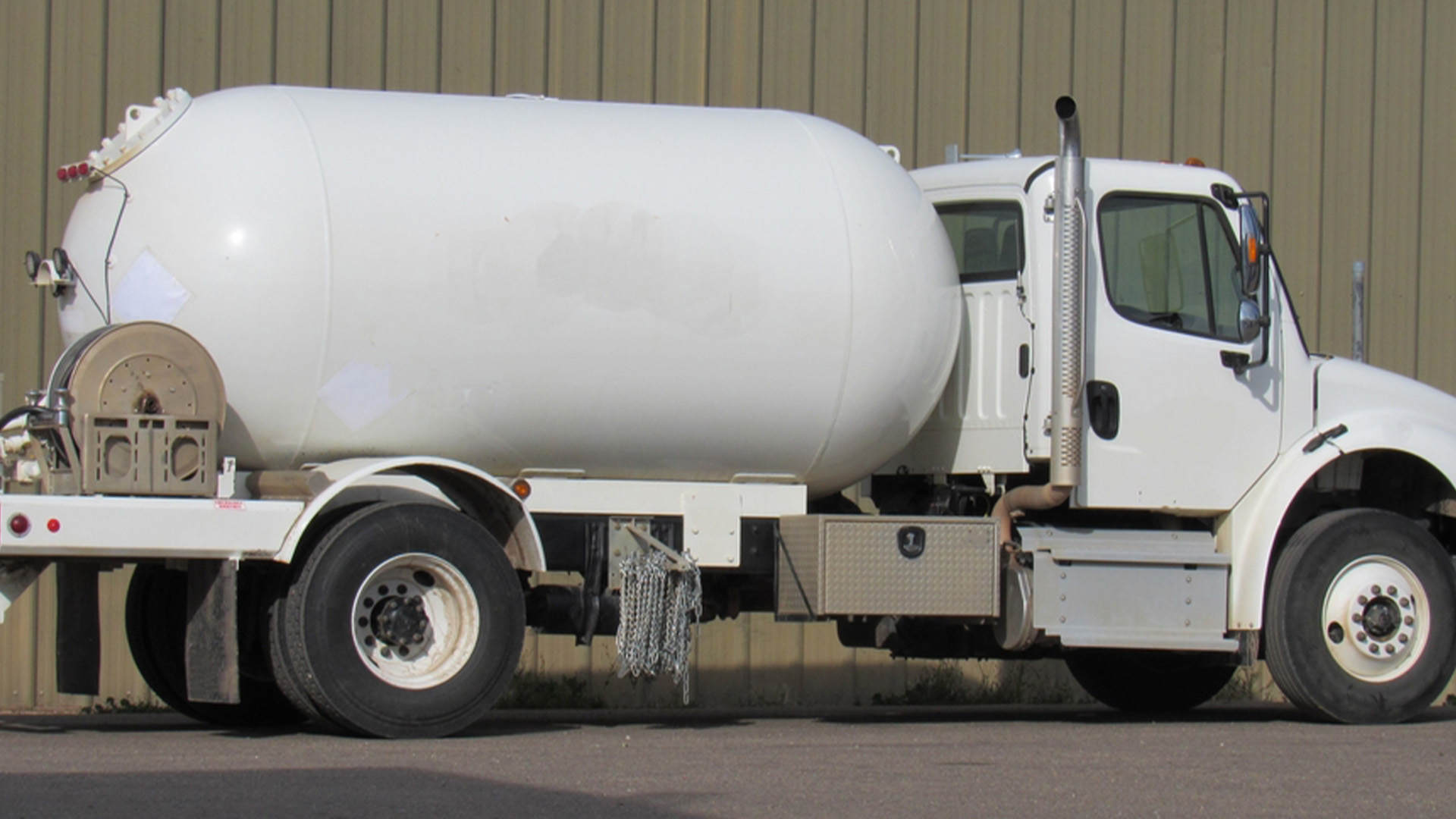 Propane Tank Selection
Propane Tank Selection